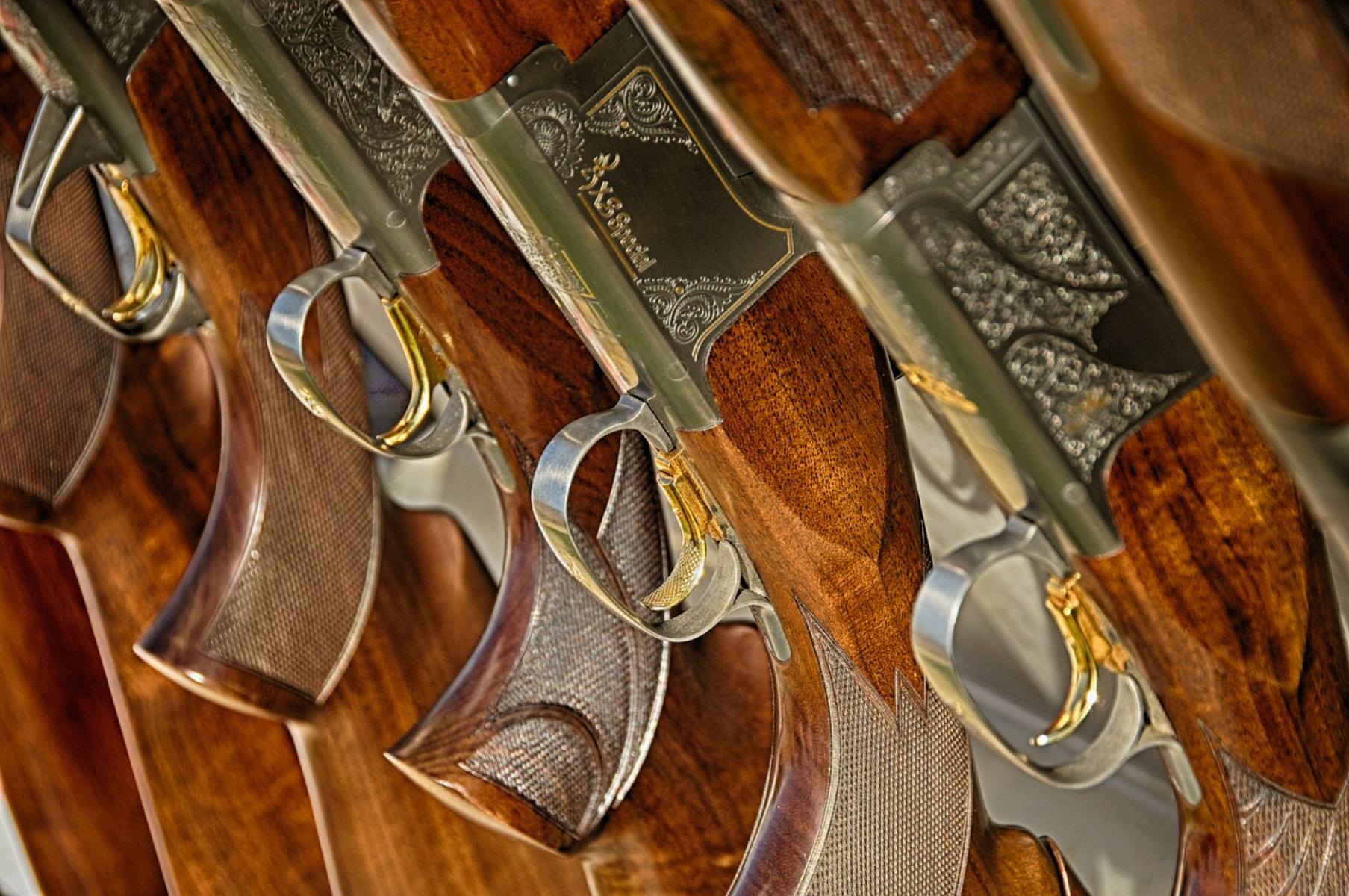

Articles
How To Store Rifles
Modified: January 8, 2024
Looking for expert advice on articles about how to store rifles? Learn the best practices and tips for proper rifle storage to ensure their longevity and performance.
(Many of the links in this article redirect to a specific reviewed product. Your purchase of these products through affiliate links helps to generate commission for Storables.com, at no extra cost. Learn more)
Introduction
Storing rifles properly is of utmost importance for gun owners. Whether you are a hunter, sport shooter, or collector, ensuring the safety and longevity of your firearms is essential. Proper storage not only reduces the risk of accidents but also protects your investments from damage and theft.
In this article, we will discuss the factors to consider when storing rifles, the benefits of using a safe for storage, alternative options for storing rifles, the cleaning and maintenance routines for stored rifles, and the legal considerations surrounding rifle storage.
By following these guidelines, you can confidently ensure the security, preservation, and compliance of your firearms.
Key Takeaways:
- Secure and controlled storage, such as gun safes, is crucial for protecting rifles from theft, damage, and unauthorized access. Consider factors like size, locking mechanisms, and fire resistance to make an informed storage decision.
- Regular cleaning, proper maintenance, and compliance with legal regulations are essential for preserving the condition, performance, and legal compliance of stored rifles. Prioritize safety, longevity, and responsible storage practices for firearms.
Read more: What Is Glass Bedding A Rifle
Factors to Consider for Rifle Storage
When it comes to storing rifles, there are several factors that need to be taken into consideration for optimal safety and longevity. These factors include:
- Security: The security of your stored rifles should be a top priority. You want to ensure that unauthorized access is prevented, reducing the risk of theft or accidents. Choosing a storage option with sufficient locking mechanisms or installation security measures is crucial.
- Climate Control: Rifles are sensitive to changes in temperature and humidity. Extreme conditions can cause rust and corrosion on metal parts, deterioration of wood stocks, and damage to optic scopes. Storing rifles in an environment with climate control, such as a safe or a dedicated gun room, helps maintain stable conditions and prolongs the lifespan of your firearms.
- Accessibility: While security is paramount, you also need to consider how easily accessible your rifles are when you need them. If you are an avid hunter or sport shooter, you may want quick access to your firearms. In such cases, a storage option that allows for rapid retrieval, such as a quick-access safe or rack, would be ideal.
- Space: Consider the available space you have for storing rifles. If you have a vast collection, you may need a larger storage solution like a gun safe or a gun cabinet. On the other hand, if you have limited space, you might opt for more compact storage options such as a wall-mounted rack or a discreet concealment option.
- Fire Resistance: Fire is a major concern when it comes to rifle storage. A fire-resistant storage option, such as a fire-rated gun safe, provides an added layer of protection against potential damage caused by wildfires or house fires. Look for safes with a high fire rating to safeguard your valuable firearms from heat and flames.
- Child Safety: If you have children at home, it is crucial to prioritize their safety by choosing a storage option that effectively prevents access to firearms. Child-resistant locks or biometric safes can ensure that only authorized individuals can access your rifles, minimizing the risk of accidents.
By considering these factors, you can make an informed decision on the most suitable storage solution for your rifles. Remember, the goal is to protect your firearms, ensure their longevity, and maintain the safety of everyone in your home.
Storing Rifles in a Safe
One of the most secure and popular ways to store rifles is by using a gun safe. Gun safes provide a dedicated and controlled environment for your firearms, ensuring their safety and protecting them from theft, damage, and unauthorized access.
Here are some key points to consider when storing rifles in a safe:
- Size and Capacity: Choose a gun safe that can accommodate your rifles comfortably. Consider the number of rifles you own currently and any potential future additions to ensure you have enough space.
- Locking Mechanism: Look for a safe with a high-quality locking mechanism. Options include key locks, combination locks, and electronic locks. Combination locks are popular due to their ease of use and reliability. Electronic locks provide quick access using a keypad or fingerprint scanner.
- Fire and Water Resistance: Select a gun safe that offers fire and water resistance to protect your rifles from potential disasters. Look for safes with a high fire rating, such as UL Class 350 or above, to ensure maximum protection against heat and flames. Water resistance is also crucial to prevent damage from floods or water-related emergencies.
- Security Features: Invest in a safe with additional security features such as reinforced steel construction, pry-resistant doors, and bolt-down capability. These features add layers of protection and enhance the overall security of your stored rifles.
- Interior Organization: Consider the interior layout of the gun safe. Look for adjustable shelves, racks, and compartments to keep your rifles organized and prevent damage caused by them knocking into each other.
- Accessibility: Determine how quickly you need to access your rifles. Some safes offer quick-access options, such as biometric fingerprint scanners or electronic locks with programmable codes. These features allow for rapid retrieval when needed.
- Location: Decide on the ideal location for your gun safe. It should be in a secure and discreet area, away from high-traffic zones in your home. Consider anchoring the safe to the floor or wall for added stability and security.
By storing rifles in a safe, you can ensure their protection, maintain their condition, and have peace of mind knowing they are secure. Remember to regularly inspect and maintain your safe to ensure its functionality and reliability.
Alternative Storage Options for Rifles
While gun safes are a popular choice for storing rifles, there are alternative storage options available that may better suit your needs and circumstances. Here are some viable alternatives to consider:
- Gun Cabinets: Gun cabinets are lockable storage units specifically designed for firearms. They offer a more affordable option compared to gun safes and can accommodate multiple rifles. Gun cabinets provide decent security and protection against unauthorized access while allowing for easy display of your firearms.
- Wall-Mounted Racks: Wall-mounted racks are a space-saving solution that allows you to hang rifles on the wall. These racks typically have individual slots or hooks for each rifle, keeping them securely in place and easily accessible. Wall-mounted racks are an excellent option if you have limited floor space and want to showcase your firearms.
- Concealment Options: Concealing your rifles in furniture, such as hidden compartment shelves or cabinets, provides a discreet storage solution. These furniture pieces blend in seamlessly with your home decor while keeping your firearms out of sight. Concealment options offer a level of security against theft but may not provide the same level of fire resistance as gun safes.
- Locked Gun Cases: Locked gun cases provide secure storage while allowing for portability. These cases are made of sturdy materials and feature lockable latches or combination locks. They are great for transporting your rifles safely to shooting ranges or hunting trips, and they can also serve as temporary storage options when not in use.
- Gun Locks and Cable Locks: Gun locks and cable locks are additional security measures that can be used in conjunction with other storage options. These locks prevent the rifles from being fired or operated when engaged. They are ideal for adding an extra level of safety to stored firearms, whether they are in a safe or other storage solutions.
It’s important to evaluate your specific needs, budget, and available space when considering alternative storage options for rifles. While these alternatives may have their advantages, it’s crucial to prioritize security, access convenience, and compliance with local laws and regulations.
Remember, whatever storage option you choose, always ensure that your rifles are stored safely and responsibly to prevent accidents and protect your investment.
Store rifles in a secure gun safe to prevent unauthorized access and protect them from theft or damage. Use dehumidifiers to control moisture and regularly inspect and clean the rifles to ensure they are in good condition.
Cleaning and Maintenance of Stored Rifles
Proper cleaning and maintenance of stored rifles is essential for preserving their condition and performance. Even if your rifles are securely stored, neglecting maintenance can lead to issues such as rust, corrosion, and malfunction. Follow these guidelines to ensure the longevity of your firearms:
- Regular Cleaning: Regularly clean your rifles, even if they have not been used. Dust, dirt, and moisture can accumulate over time, leading to potential damage. Use a cleaning rod, bore brush, cleaning patches, and a suitable gun cleaning solvent to clean the barrel, action, and other metal parts of your rifles. Gently clean the exterior surfaces with a soft cloth to remove any grime or fingerprints.
- Oil and Lubrication: After cleaning, apply an appropriate firearm lubricant or oil to the moving parts of your rifles. This helps prevent rust and keeps the mechanisms operating smoothly. Be sure to follow the manufacturer’s recommendations for proper lubrication.
- Inspect and Maintain: Regularly inspect your stored rifles for any signs of damage, wear, or corrosion. Check the stock, sights, and other components for cracks, loose screws, or any other issues that may affect performance. If you notice any problems, address them promptly by contacting a qualified gunsmith for assistance.
- Climate Control: If your rifles are stored in an area without climate control, consider using a dehumidifier or moisture-absorbing products like silica gel packets. These help maintain a stable humidity level and prevent moisture-related damage. Remember to monitor and replace the moisture-absorbing products as needed.
- Ammunition Considerations: If you store ammunition with your rifles, ensure they are properly stored in a cool and dry place. Ammunition should be kept in a separate, secure container to minimize the risk of accidental discharge. Additionally, check the expiration dates on your ammunition and dispose of any expired rounds safely.
- Follow Manufacturer Recommendations: Every rifle is unique, so it’s important to consult the manufacturer’s guidelines for specific cleaning and maintenance instructions. They may provide recommendations for cleaning intervals and product compatibility, ensuring that you care for your rifles properly.
By incorporating these cleaning and maintenance practices into your routine, you can keep your stored rifles in optimal condition for years to come. Proper maintenance not only preserves the aesthetics of your firearms but also ensures their reliability and functional longevity.
Read more: Which Rifle Is Best For Home Defense
Legal Considerations for Rifle Storage
When it comes to storing rifles, it is essential to be aware of and comply with the legal requirements and regulations in your jurisdiction. Adhering to these legal considerations ensures that you are storing your firearms responsibly and within the confines of the law. Here are some important legal considerations to keep in mind:
- Local Laws and Regulations: Familiarize yourself with the laws and regulations regarding rifle storage in your specific area. These laws may vary depending on your country, state, or municipality. Check with your local law enforcement agencies or consult legal professionals to obtain accurate and up-to-date information.
- Safe Storage Laws: Some jurisdictions have specific laws that mandate the safe storage of firearms. These laws often require firearms to be stored securely to prevent access by unauthorized individuals, especially children. Make sure you understand the requirements and comply with them when storing your rifles.
- Transportation Laws: If you need to transport your rifles, ensure you are familiar with the laws and regulations surrounding firearm transportation. In many cases, firearms must be unloaded, locked in a case, and stored in the trunk or a separate compartment of the vehicle. Research the specific transportation laws in your area and follow them to avoid any legal issues.
- Background Check and Purchasing Laws: Before acquiring rifles, it is crucial to understand the legal requirements for background checks and purchasing. Depending on your jurisdiction, you may need to undergo a background check, provide identification, or obtain specific licenses or permits. Comply with all applicable laws when purchasing firearms to ensure they are obtained lawfully.
- Record-Keeping Requirements: Some jurisdictions require gun owners to maintain records of their firearms, including make, model, serial numbers, and acquisition details. Keep accurate and up-to-date records of your rifles to comply with these requirements. This information can be crucial in case of loss, theft, or other legal issues.
- Licensing and Registration: Certain areas may require gun owners to obtain licenses or register their firearms. Understand the licensing and registration requirements in your jurisdiction and ensure you are in compliance. Keep your licenses or permits up to date and readily accessible when necessary.
- Transferring Firearms: If you plan to transfer ownership of your rifles, such as selling, gifting, or loaning them to others, be aware of the legal processes involved. Depending on your jurisdiction, you may need to go through background checks, complete paperwork, or involve licensed dealers to ensure lawful transfer.
It is crucial to stay informed about the legal considerations surrounding rifle storage. Ignorance of the law is not a valid defense, so taking the time to understand and comply with the regulations helps to ensure the responsible and legal storage of your firearms.
Conclusion
Proper storage of rifles is paramount for gun owners, ensuring the safety, longevity, and legal compliance of their firearms. By considering factors such as security, climate control, accessibility, space, fire resistance, and child safety, you can make an informed decision on the most suitable storage solution for your rifles.
Gun safes provide a secure and controlled environment for storing rifles, offering features such as size and capacity options, locking mechanisms, fire and water resistance, security features, interior organization, and convenient accessibility. However, alternative storage options such as gun cabinets, wall-mounted racks, concealment options, locked gun cases, and gun locks can also provide viable solutions based on individual needs and circumstances.
It is essential to prioritize the regular cleaning and maintenance of stored rifles to prevent issues such as rust, corrosion, and malfunction. By following proper cleaning techniques, utilizing suitable lubricants, inspecting for damage, considering climate control, and adhering to manufacturer recommendations, gun owners can ensure the condition and performance of their firearms over time.
Additionally, legal considerations surrounding rifle storage should not be overlooked. Familiarize yourself with local laws and regulations, including safe storage laws, transportation laws, background check and purchasing laws, record-keeping requirements, licensing and registration requirements, and the proper processes for transferring firearms to remain compliant with the law.
In conclusion, responsible rifle storage involves a combination of security, proper maintenance, and adherence to legal requirements. By implementing these practices, gun owners can protect their firearms, safeguard against accidents and theft, and ensure compliance with the law. Remember, the safety of yourself, your loved ones, and the general public should always be the top priority when it comes to storing rifles.
Frequently Asked Questions about How To Store Rifles
Was this page helpful?
At Storables.com, we guarantee accurate and reliable information. Our content, validated by Expert Board Contributors, is crafted following stringent Editorial Policies. We're committed to providing you with well-researched, expert-backed insights for all your informational needs.
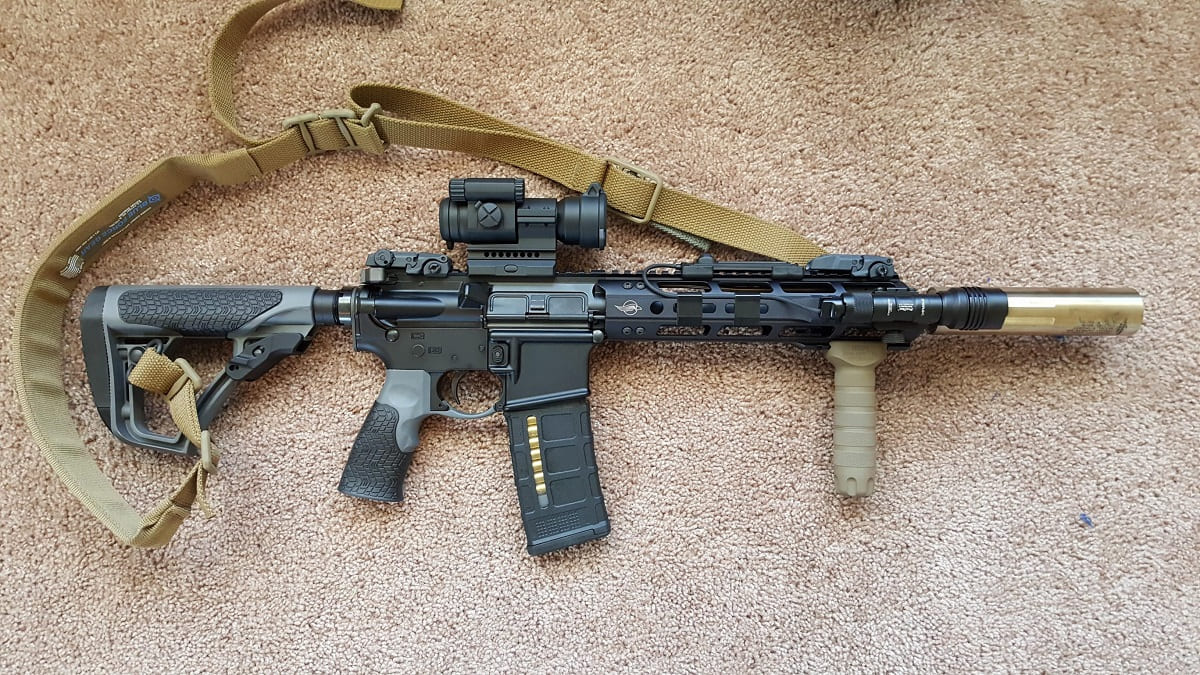
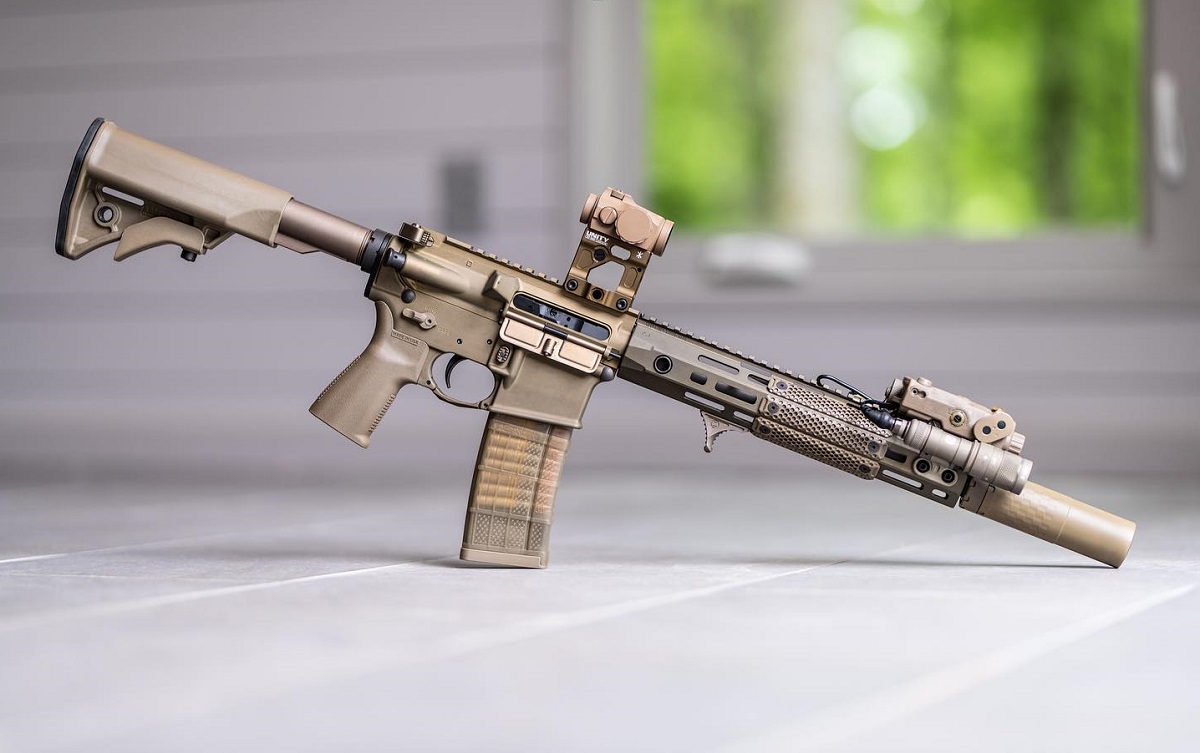


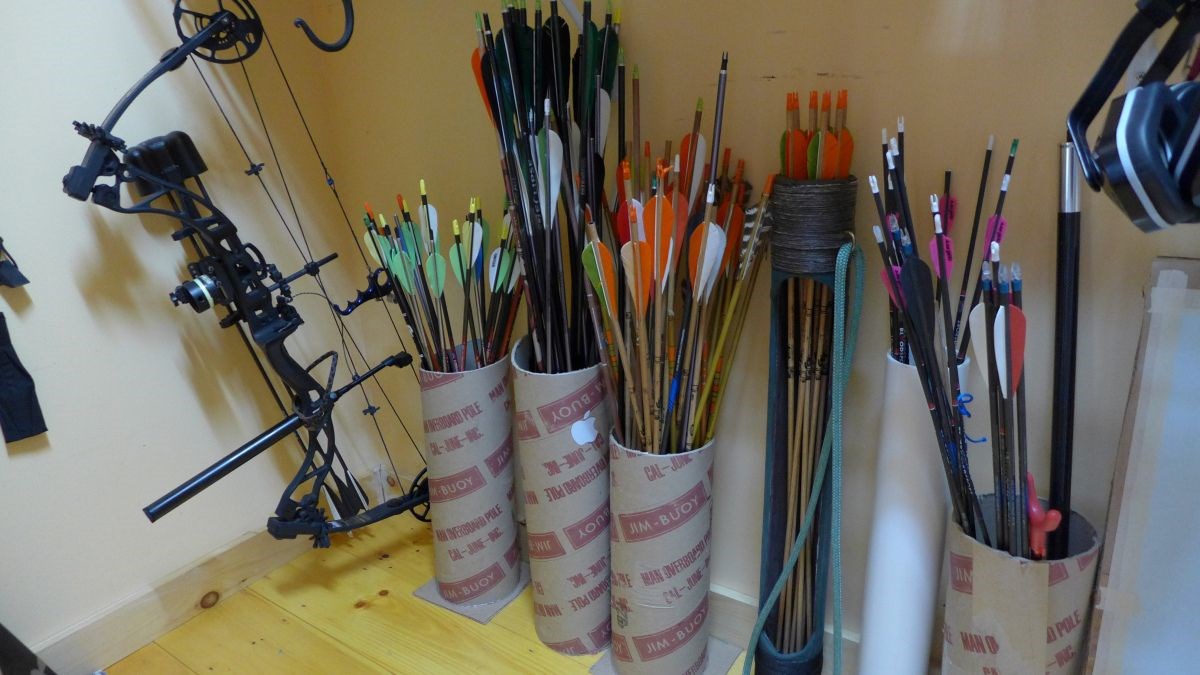








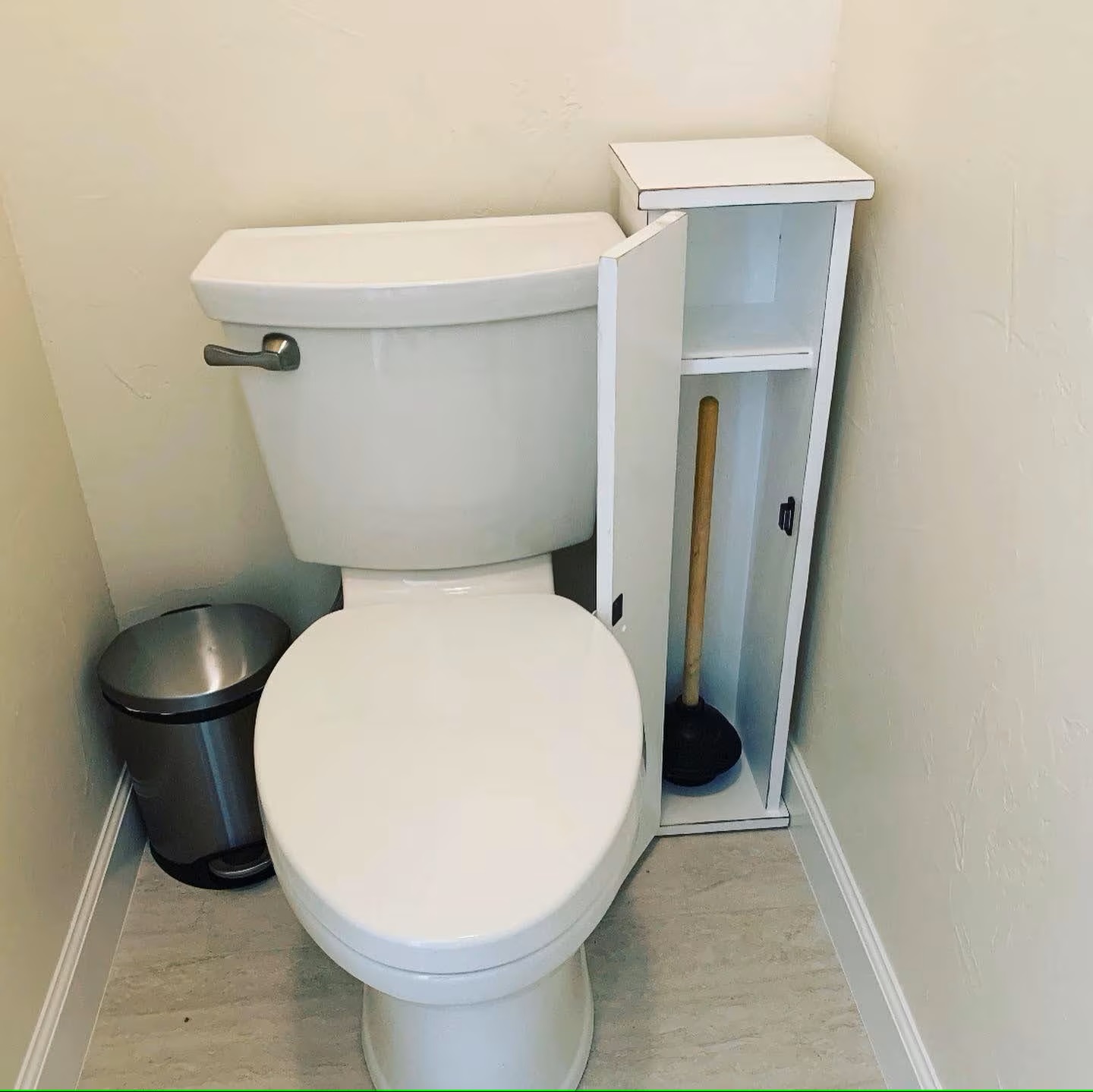

0 thoughts on “How To Store Rifles”